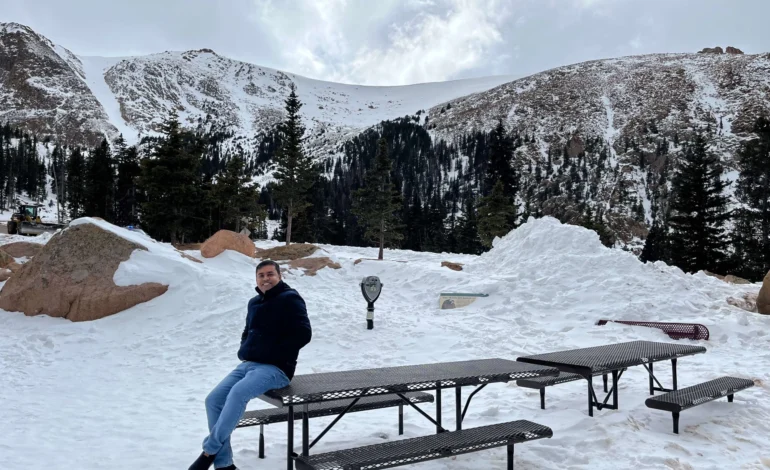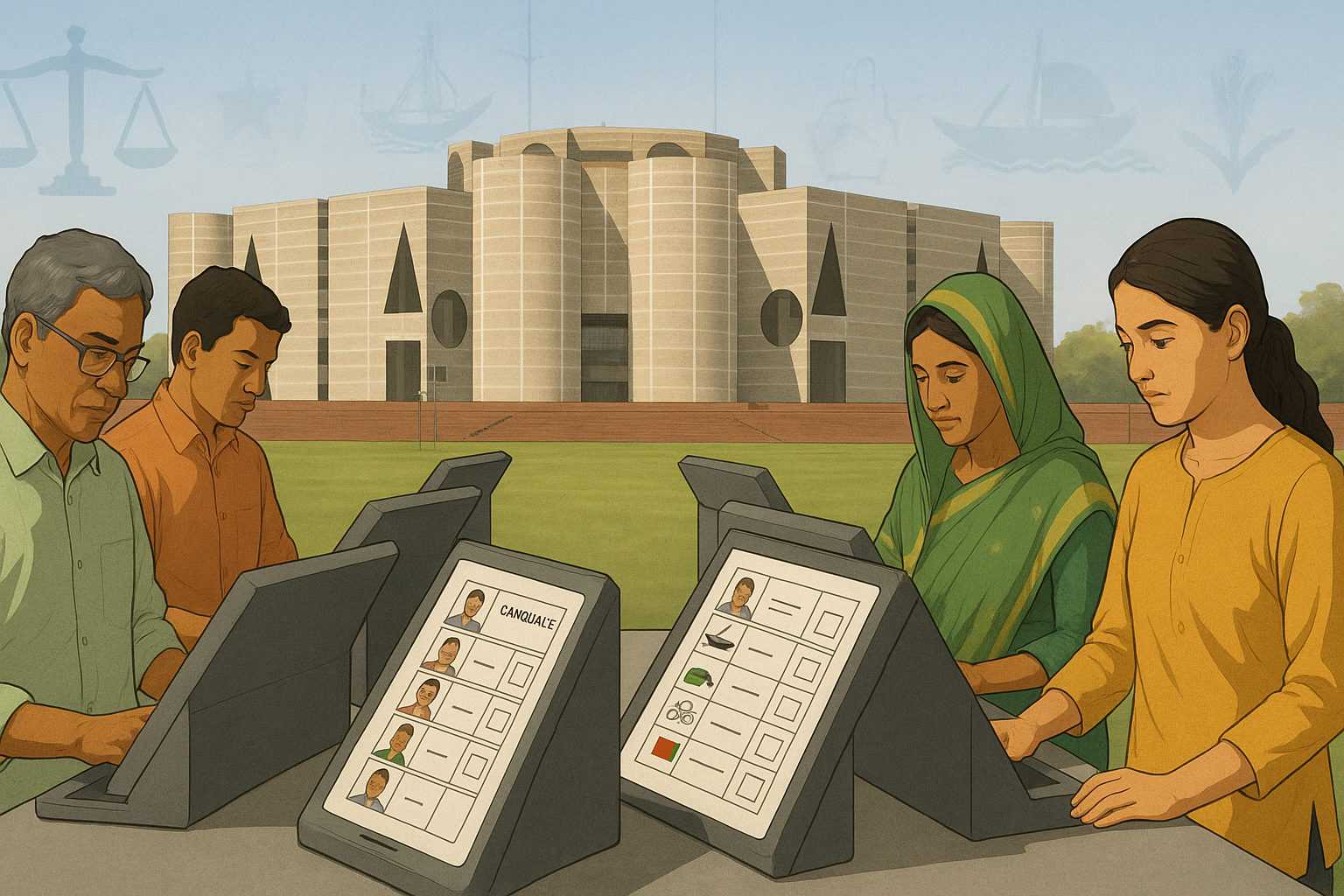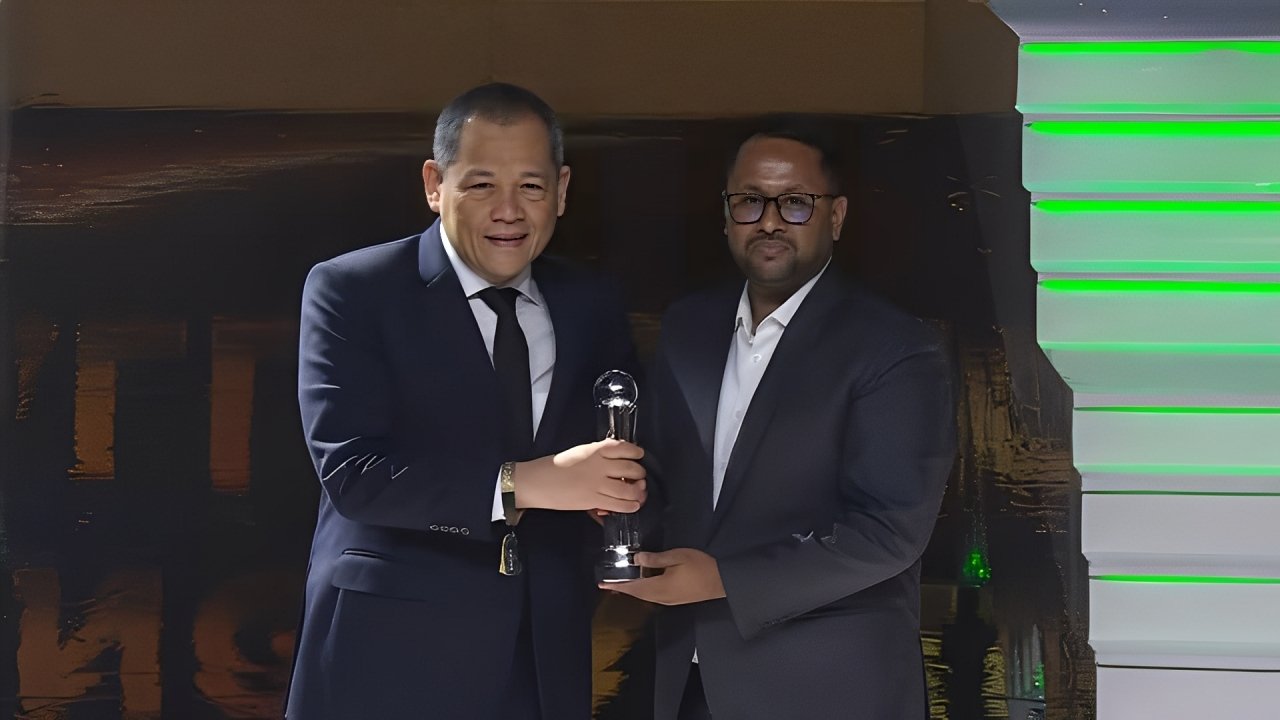From BUET to Harvard: Dr. Shahinoor Rahman’s inspiring Journey

The Journey of Dr. Shahinoor Rahman
Dr. Md. Shahinoor Rahman —who started from a remote corner of Natore, Bangladesh, walked barefoot to school, overcame hardship, and rose to global academic heights, now contributing to research at universities like Harvard and Louisiana State University. His journey is a testament to the strength of perseverance, vision, and unyielding faith in one’s dreams.
Humble Beginnings in Chalan Beel
The mornings in remote Natore’s Chalan Beel began with mist rising over inundated fields and narrow, muddy aisles. In a village without electricity, the nearest paved road lay miles away. Young Shahinoor Rahman walked daily — often barefoot — a two-mile trek over difficult terrain just to reach school. Those walks, over unsound trails and soggy ground, could have broken many spirits. But for him, they became part of an internal narrative: never quit.
At home, evenings were spent on an earthen floor, under the soft, flickering glow of a kerosene lamp. For a spell, the pull of simpler chores tempted him away from studies; he even briefly left school to graze goats. But within months, he recognized that giving up education meant sealing off future paths. So he returned.
In his early schooling, his grades wavered. He even failed the religion (Islamic Education) paper during what was then the equivalent of today’s primary certification exam. But a turning point came through words from his father: “You are out on your own — improve yourself through your own efforts. Whatever you achieve in life is yours. If you fail to do anything, you can always come back.”
Those words struck deeply. He resolved to leave behind bad company and immerse in study. By the time of his 1998 SSC exams, he achieved star marks in four subjects, earning recognition across his village. His resolve was no longer fragile — it had become deliberate.
A Determined Path Through Higher Education
When he entered college in Rajshahi, Shahinoor first heard whispers of BUET (Bangladesh University of Engineering and Technology) as a target for his future. He tried once, failed, but tried again — ultimately earning a place in the Department of Urban and Regional Planning at BUET. That acceptance marked a milestone: his dream was no longer distant — it was within reach.
Post graduation, he did not rest. After two years of work, he obtained a DAAD scholarship to pursue a master’s abroad — Germany and Chile. On return, he became a lecturer at BUET’s Japan Institute of Disaster Prevention and Urban Safety, while also completing a certificate in Geospatial Technologies from the University of Twente (Netherlands Fellowship).
Yet his ambition soared further: he resolved to pursue a PhD. Offers came from around the world, including the prestigious Commonwealth Scholarship, but he selected George Mason University (USA). There, he astonished with a perfect 4.0 GPA, published 16 peer-reviewed papers, and earned the ‘Outstanding Ph.D. Student Award’ in 2020. Bangladesh had found in him a scholar of rare caliber.
Research, Recognition, and Global Impact
Dr. Rahman’s trajectory from scholar to global researcher gained even more momentum after his PhD. He served as an Assistant Professor at New Jersey City University, then took a postdoctoral fellowship at Harvard University’s School of Dental Medicine, where he led breakthrough research into “dental deserts” in America — areas lacking access to dental care — published in JAMA Network Open.
Today, he is Assistant Professor in the Environmental Health, Climate, and Sustainability program at the Louisiana State University (LSU) Health Sciences Center, while also serving as Visiting Faculty at Harvard. His research spans climate change, environmental science, public health, natural disasters, and agricultural management — often using geospatial technologies. He leads multiple international projects funded by NASA, USAID, and the World Bank. His upcoming focus: the health risks and rising temperatures in Dhaka city due to climate change.
Beyond his scientific work, Dr. Rahman carries with him a love for poetry recitation and travel. Though he does not write poems, he revels in their rhythm and melody. His eyes, too, have seen many corners of the world — from Machu Picchu to the Eiffel Tower, from the Atacama Desert to the floating islands of Lake Titicaca. Through each journey, his perspective sharpened: the interplay of nature, design, and human resilience.
Trials, Persistence, and the Spirit of Bangladesh
What makes Dr. Rahman’s story so striking is not merely the accomplishments, but the obstacles he overcame — and how he adapted without complaint. The boy who once waded through muddy routes to school is today “walking” academic highways at global institutions. In a country like Bangladesh, where infrastructure gaps, economic constraints, and limited educational resources hamper many dreams, Rahman’s journey shines as a beacon.
He often says: “Hard work, hard work, and more hard work.” He insists that there are no shortcuts, that failure is inevitable, and that each fall is a lesson rather than an end. For youth in Bangladesh, his message is clear: to dream big, run relentlessly, and learn continuously. A weak foundation in knowledge makes it impossible to endure challenges — so begin strong.
Dr. Rahman’s adaptability, too, carries lessons. From changing schools to leaving the village for the city, every shift demanded courage and adjustment. He embraced each new environment, never retreating. He teaches that success is not static — it requires flexibility, learning, and staying true to one’s values.
He also emphasizes the moral that personal success should come with social contributions. True satisfaction, he says, lies in helping others.
A Journey That Inspires Bangladesh
In Bangladesh, stories like Dr. Rahman’s reignite faith that greatness can grow from humble soil. His journey — from Chalan Beel’s muddy paths to Harvard’s halls — speaks to infinite possibilities when determination meets opportunity. He is not just a success story; he is an embodiment of resilience, purpose, and hope for young people across the nation.
His life echoes a simple but powerful idea: when challenges mount, one must not shrink back, but press harder. Bangladesh needs more such stories — scholars, visionaries, and agents of change — to guide its next chapters in development, science, education, and sustainability.







